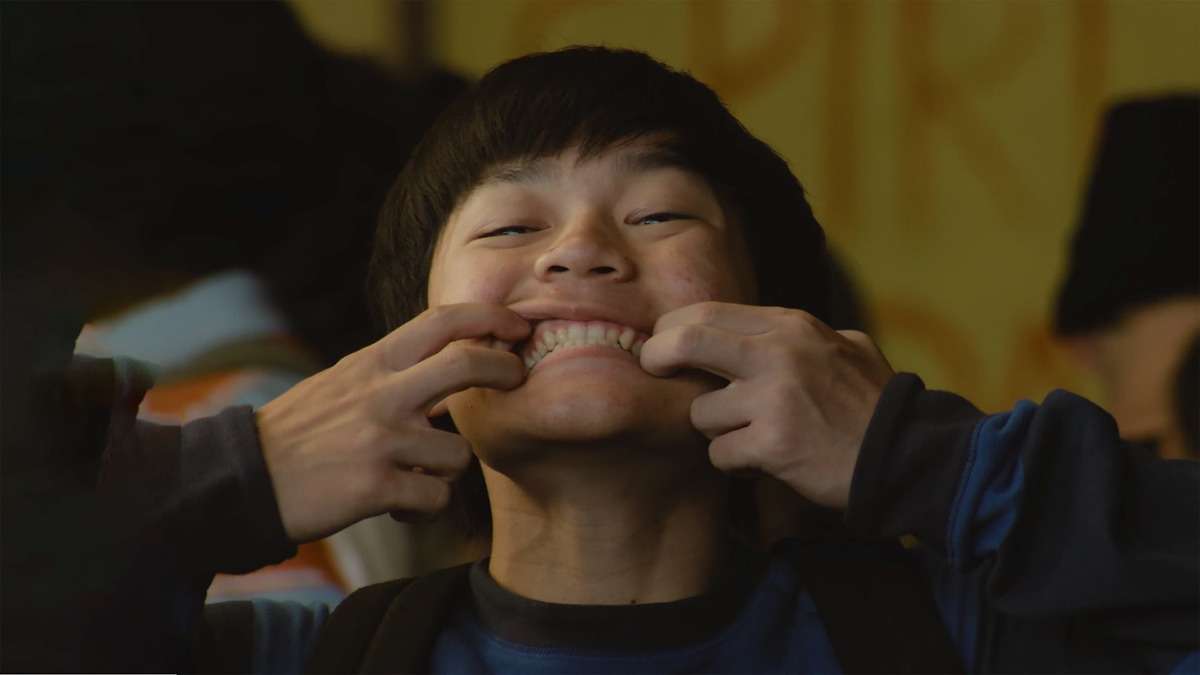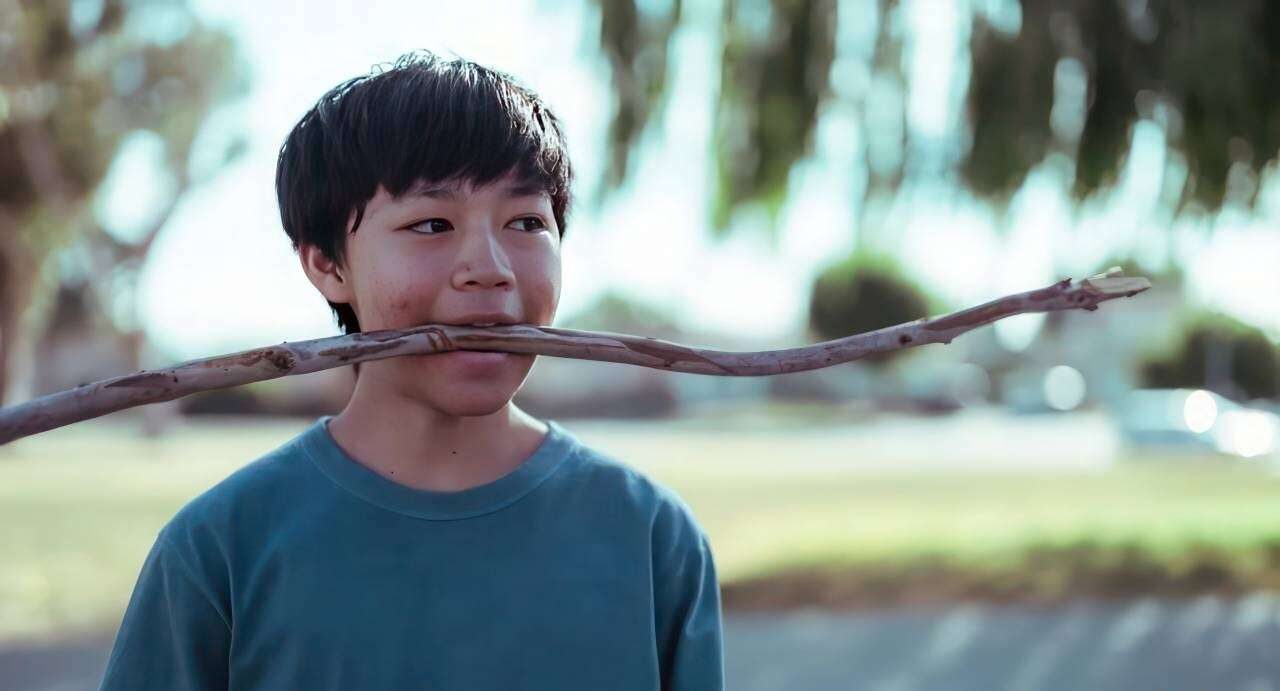Since the hallowed days of François Truffaut, the coming-of-age film has provided up-and-coming storytellers with a suitable model to establish their artistic voices. As these films become more frequent, however, one may notice how that narrative mold in guiding these youngsters and their unique viewpoints on growing up in diverse backgrounds may also lead to some glaring similarities that risk watering them down in such an expanding field. Sean Wang’s debut, “Dìdi,” runs this risk just as much as any coming-of-age film and doesn’t entirely overcome the hurdle. But in so doing, Wang also reveals how these familiar paths only speak to the universality that makes these perspectives so compelling to begin with.
Wang’s own entry into the elastic sub-genre follows his stand-in Chris (Izaac Wang; no relation), a 13-year-old Taiwanese American living in Fremont, California, in the transitory summer between middle school and high school. With his never-present father abroad providing for the family, Chris lives at home with his over-extended mother (Chinese American legend Joan Chen), his older sister Vivian (Shirley Chen), and his meddling paternal Nǎi Nai (his grandmother, played by Chang Li Hua).
The year is 2008, so Chris’s attempts to find his way in the world—be it through skateboarding, flirting with his crush, or navigating the constant headache that is his household—can only mean one thing: Gen Z nostalgia! This comes primarily in the marriage of skate culture in its dying phase with the booming subculture of internet exploration; YouTube is in its infancy, Google is being used to look up every single granular “how to” you can imagine, and AOL chat rooms are oblivious to the death knell ringing in the short distance.

The nostalgia for the era can very easily reach a point of obnoxious exhaustion, but just like Bo Burnham before him, Wang has a strong understanding of how this budding isolationist culture is slowly driving the new generation into more acerbic social waters. While “Dìdi” certainly relies on muscle-memory recollections from those of us in Wang’s age group of pixelated Windows screensavers and a messy YouTube interface, it largely stays relegated to the screen world, to the point where the purposeful specificity never reaches the “Remember Chia Pets?” variety of jangling keys one may dread from this sort of experience.
In this specificity of Chris’s lifestyle, what Wang—already an Oscar nominee for his short documentary “Nǎi Nai & Wài Pó”—excels most at is mainly moving beyond the potentially clichéd narrative beats of a coming-of-age tale by imbuing them with a noted sourness that underscores the real personal tragedy lying within. Chris isn’t the first of these protagonists to have his own attitude called into question by the film he’s in, but the extent to which “Dìdi” explores his pushy social awkwardness reaches levels far more acidic than one might get from a “Lady Bird” or a “Boyhood.”

With “Dìdi,” Wang brings us into a home that certainly has its share of interpersonal difficulties, but the filmmaker never shies away from the fact that the protagonist’s—and, by extension, his own—troubles stem largely from his excessively confrontational disposition, a clear defense mechanism for his fear of embarrassment and rejection. It’s a difficult path that Izaac Wang explores with ample solemn hostility, his unsure voice and slumped posture quietly communicating Chris’s internal battle before he even gets into his screaming matches with his family.
From there, “Dìdi” encounters what is perhaps its biggest obstacle, for in dealing with Chris’s toxic reactions, (director) Wang sometimes pushes his filmic avatar to extremes that may strain our ability to emotionally meet him halfway. A moment in the film in which certain characters scold him for his treatment of his mother may feel somewhat jankily written, but the sentiment nonetheless rings true to a point where even we have to wonder the extent to which someone like this might be worth rooting for.
With that in mind, it’s plain to see that Sean Wang is asking himself these same questions throughout the film, and in presenting his own narrative upbringing with such naked bitterness, “Dìdi” more than earns its position in this crowding category. In Chinese, “dìdi” means “Younger Brother,” and with this therapeutic exercise, Wang makes a solid attempt to reach out and be an older brother to his own past self, willing to do the hard labor and point out the flaws so they can someday be fixed.







